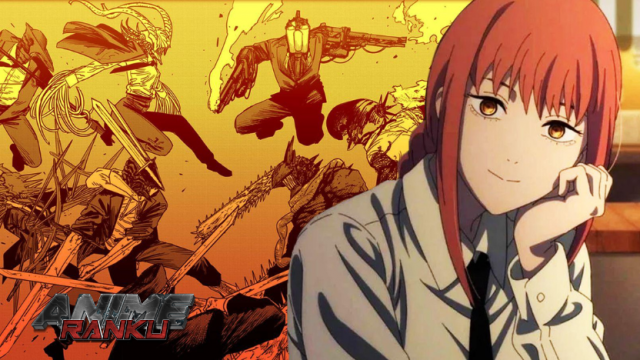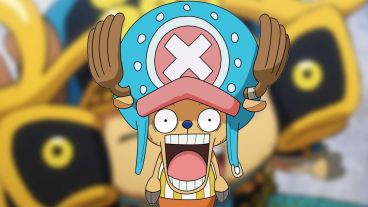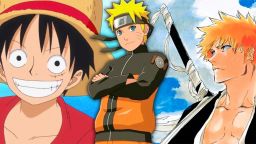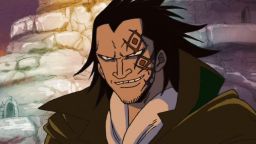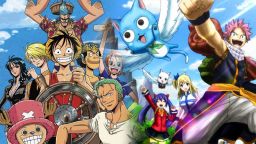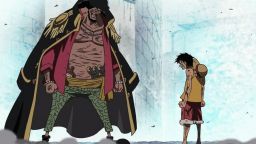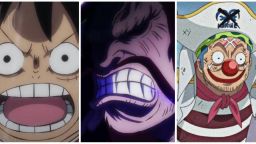The Four Horsemen are a gang of Chainsaw Man's most powerful, oldest, and most terrifying demons. This group is not to be underestimated as the only devils capable of rivalling, if not surpassing, the Primal Fears. The Four Horsemen, comprised of the Control Devil, War Devil, Famine Devil, and Death Devil, are a bad omen for humanity, each seeking to destroy it in their own way.
Surprisingly, Denji has already met all three of the horsemen introduced. Makima, the Control Devil, has made his life a living hell, Yoru is the War Devil, and Fami (the Famine Devil) attends his high school. The horsemen's relationship is unknown, but from what is known, they don't always get along – but they do see themselves as siblings.
Yoru Was the Younger Sister of Chainsaw Man

Since the Famine Devil, who goes by the name Fami, first appeared in Chapter 108 of the manga, there has been a level of surprise at the idea that the Four Horsemen view themselves as sisters. The first glimpse of the relationship between the four was shown through Makima, who wanted to use the power of Chainsaw Man to erase her fellow horsemen from existence altogether. In her eyes, this would make the world a better place -- but would also give her more control over humanity.
However, this isn't a typical display of sibling affection; it's quite the opposite. Combined with Yoru’s panic at Fami’s introduction, it paints the picture of a contentious relationship between them. Thus, when Fami claimed she'd do anything for her little sister, referring to Yoru, the idea of the four being familial was a shock. However, this interaction between the War and Famine Devils tells Chainsaw Man readers a lot about this particular group.
The Four Horsemen represent fears humanity has had to bear since the dawn of time, and as such, the devils' respective ages become relevant. Fami saying Yoru is younger than her implies that they not only see themselves as siblings, but that some of the horsemen are older than others. From the context given through Makima's approach to the horsemen, it's clear they are a disarrayed unit. So, Famine considering War her younger sister has one chief implication -- Famine is older than War, as is her name. This aligns with the developments of humanity and society, as certain fears can only exist under specific circumstances.
The Older Horsemen Are the Death Devil and Fami

Death is the foundational fear and would thus be the oldest of Chainsaw Man's horsemen, if not the oldest Devil in existence. Every living being is afraid of death, and every other primal fear is an extension of it. The Darkness Devil -- the first Primal Devil shown in the manga -- is feared for the potential danger and isolation night could bring. Humans are afraid of the dark because something unseen could be lurking and end their life, or they may become lost and die alone in the night.
Like Darkness, Famine is an extension of death. Hunger has always meant a slow and painful death for individuals; at humanity's dawn, when resources were low, it was inescapable. As the human race continued to develop, Famine only grew more threatening as sedentary lifestyles emerged. This prompted increases in population densities and strengthened the fear of Famine, as these societies chose one place to settle and turned hunger into a massive catastrophe. Not only could an individual or their family starve, but so could other families, as these societies were reliant on one person providing food.
Societies Needed for War and Control to Survive

Unlike Famine and Death, War relies entirely on larger societies to exist. Higher populations require more resources such as food and water, so there is more stress placed on obtaining them. As societies grew and flourished, leaders relied on armed conflict to acquire these coveted resources during times of hunger. Inventions created to stave off Famine began to be used to kill other people and execute War. In turn, this birthed new fears, such as being killed by peers, fear of a loved one dying far from home, or being killed for food, land or dominion. The fear of War was strengthened, thus giving the War Devil more and more power. Although Yoru may have been stronger than Fami, Famine had existed for decades longer, making War one of the younger horsemen in Chainsaw Man.
Death and Famine are very base fears, while War is more abstract and focuses on the potential damage humans can do to one another. However, Control is the most abstract and human concept of the fears the horsemen embody. It is a fear of being unable to control one's own life, of submitting to authority, fear of institutions bigger than can be imagined, or of unknown people taking advantage of or forcing themselves onto someone.
The fear of control is among the most universally human ones. It is a trait that only humans possess and can only be expected from fellow humans. The fear of Control depends on history moving away from concepts as fundamental as famine and developing a future of governance, or of Control, using tools like war. Nayuta can be thought of as the baby sister of the family since the Control Devil is the youngest of the horsemen.
The Four Horsemen developed in line with humanity, and human evolution in general allowed for the creation of more and more fears. Interestingly, the order in which Chainsaw Man introduced them (Makima, Yoru, Fami), is opposite to the order of each one’s emergence in humanity's history. While the process is inverted, this pattern implies that Death will soon be introduced, the oldest and most dangerous of them all. It's very likely that, like the other Four Horsemen, Death has been lurking right under Denji's nose.
